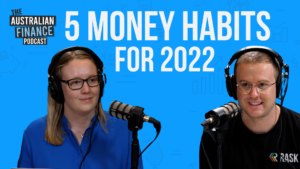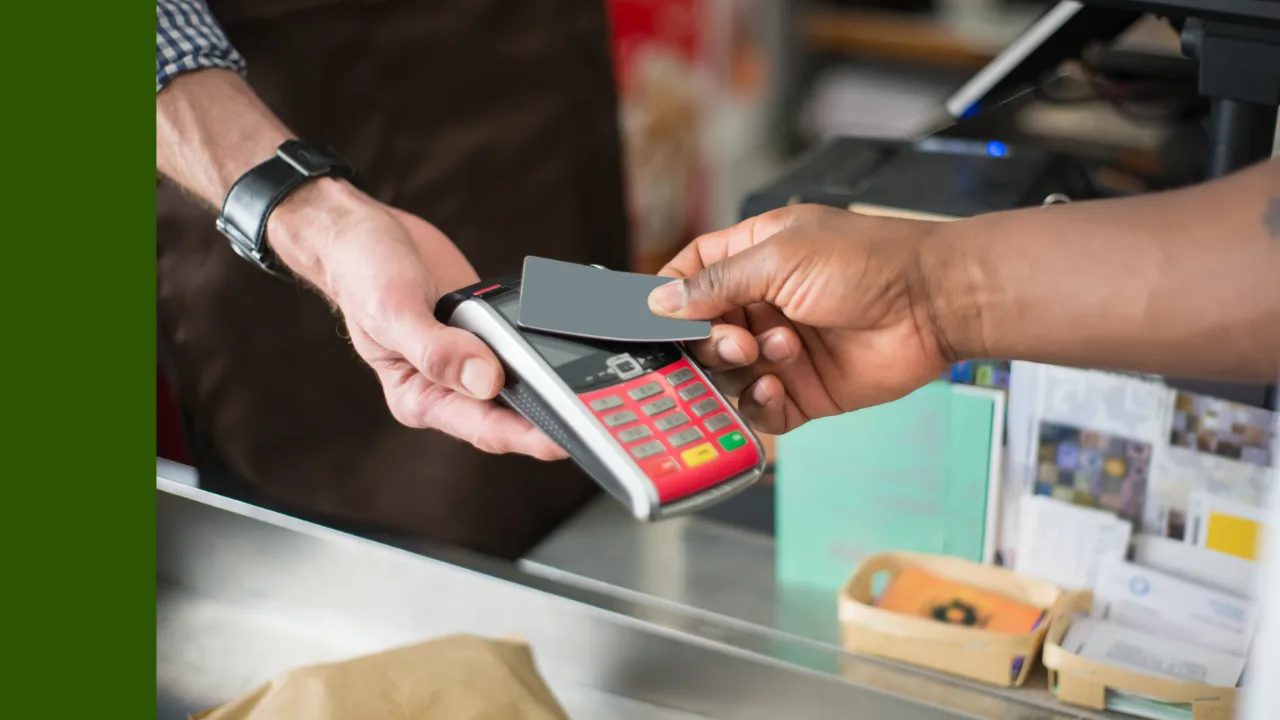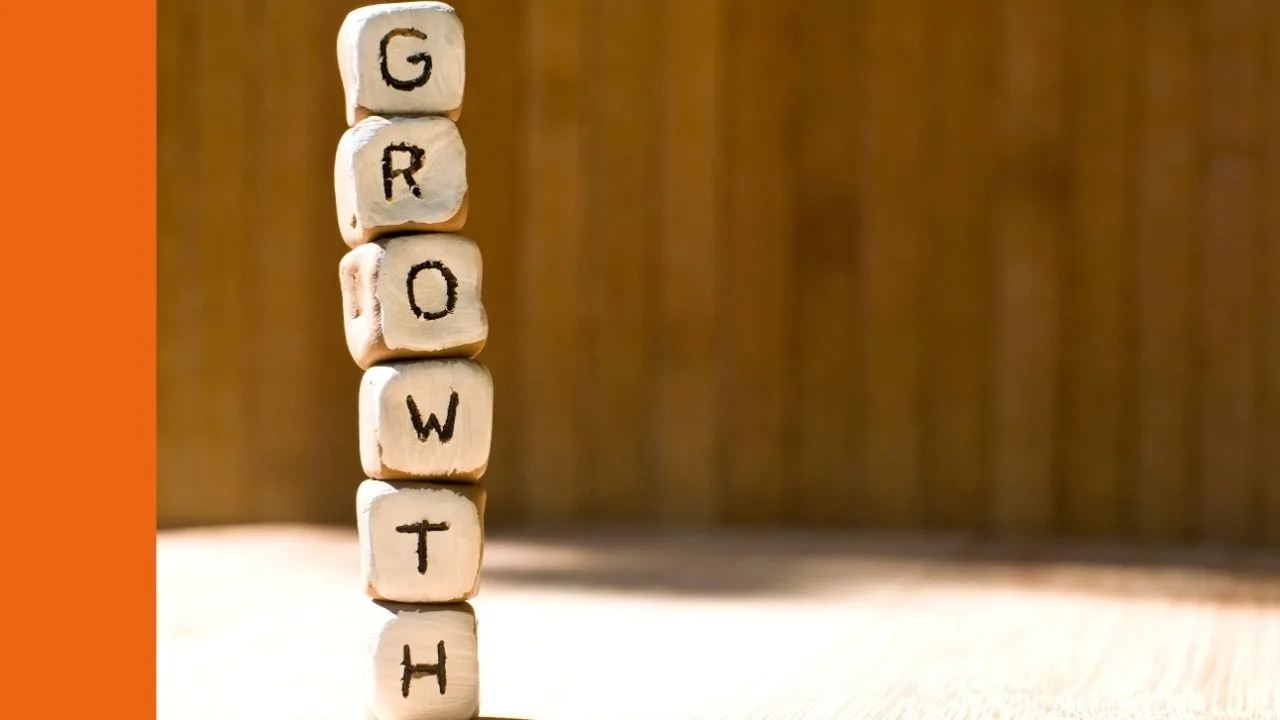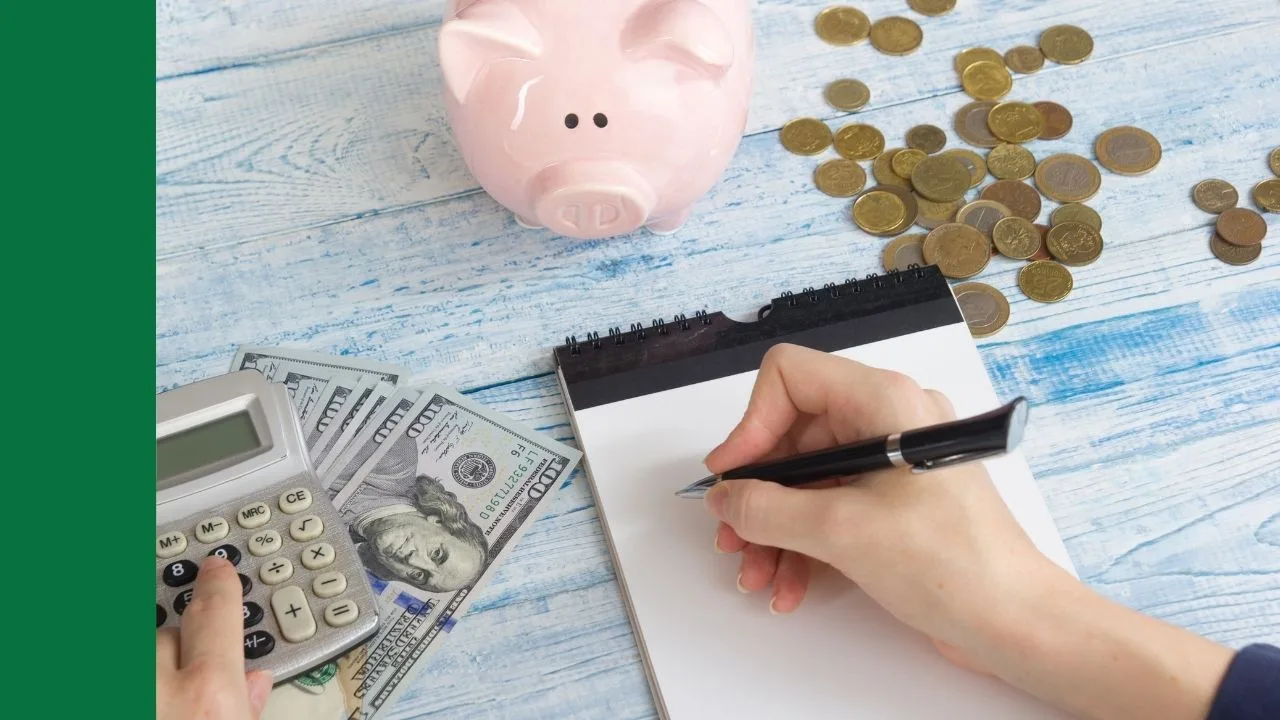Use your behaviour as a force for good in your financial life
Dear behavioural heroes,
Ever wanted to use your phone less? Stop eating junk food? Quit procrastinating?
Chances are, you’ve thought about your habits before, particularly the negative ones you want to get rid of.
But there are plenty of ways you can flip this idea around and build positive habits in your financial life.
Today, I want to unpack the habits that act as a force for good in our lives. I’ve got five lined up for you in this newsletter, and I want to hear yours as well!
Habits as a force for good
James Clear, author of the #1 New York Times bestselling book Atomic Habits (which I highly recommend, by the way), defines habits as the ‘small decisions you make and actions you perform every day’.
You are what you repeatedly do, and James makes the case that your ‘life today is essentially the sum of your habits’.
But you can build new habits using measurable strategies, and it starts by breaking down what you want to do into a small daily action that’s so easy, you can’t fail.
Once you’ve got that on track, you can start to broaden your habit to include other measures like progression, and start to stack various habits together.
So what are some healthy money habits we can try incorporating into our life that are going to have a meaningful impact on our financial future?
5 healthy money habits for 2022
⚙️ Automate your savings and investing plan
If you’ve ever felt exhausted by the effort required to stay on top of your finances each month, automating is your secret weapon.
We’re big fans of automating the things that will have a positive impact on our financial future (like debt repayments, savings goals & super contributions) and adding some friction to the things that take away from our financial future (Apple Pay anyone?!).
💡 Action step: Right now, set one automated transfer from the account your salary is paid into, to a savings or investment account.
🚀 Small goals with regular wins to build momentum
Don’t get me wrong, I absolutely love setting goals, especially financial goals, as you will know.
But, sometimes when we set too many goals we get pulled in 101 different directions and don’t make meaningful progress towards any of them.
So what would I suggest?
Instead of having a laundry list of different money goals, focus only on what’s most important to you. Then set small milestones that you can achieve on a regular basis to motivate you on your journey.
Kate’s example: When I started saving for my 2020 Euro adventure (that funnily enough I never went on) I knew I needed to save over $10,000, as I was planning to backpack for many months.
So, I broke down the goal into $500 increments on a poster I printed out and stuck on my wall. I crossed out each rung of the ladder as I saved money from my salary on a regular basis.
Seeing my progress towards my goal each month really encouraged me to keep going, even though the trip was a fair way in the future.
🥗 Meal prep on the weekends
Do you plan your meals for the week?
This is one area of our budget that can vary dramatically in price, based on how much time we spend planning for it.
What happens if you jump into Monday without any idea of what you’ve having for Breakfast, Lunch and Dinner this week? Chances are, it’ll cost you more.
💡 Action step: Block out some time this Sunday to outline your meals for the week, write a shopping list, go to the supermarket and prepare a few meals. It’ll make your life easier, healthier and budget friendlier.
(Owen recommends a simple roast pumpkin spinach leaf salad with pine nuts and feta — cheap, easy and stores in the fridge for days!)
🕺Create a splurge account for the good stuff
Being a financial adult can feel like a constant tug of war between YOLO and sensibly investing for retirement, and it can be tough to find the middle ground.
Having a splurge account you transfer money into on a monthly basis, that you can spend on things you love guilt-free, is a way you can find a healthy balance between the good stuff in life and looking after future you.
For me, this account means I can spend money on things I value without worrying that I’m hurting my future bingo-playing self. This includes books, brunch with friends and fancy bread.
💡 Kate’s tip: Ask yourself, what’s one thing I love spending money on that also adds a lot of happiness to my life? Then consider, how can I put money aside for that thing every week? Step 3: Spend on it without guilt!
📝 Sunday night financial outline
I find Sunday a wonderful time to reflect on the week, plan my calendar for the coming week and map out micro-sized goals.
Some of the things I reflect on include:
- My top highlights from the week
- Any big distractions during the week
- What do I want my calendar to look like next week?
- What are my non-negotiables for the next week? (e.g 8,000 steps per day)
- What are some steps I can take towards my goals next week?
For you, it might be a good time to map out your spending for the week ahead, including whether you’ve got any bills or expensive activities coming up (tip: automate all bills!).
💡 Kate’s tip: jump into your bank account and find money to put aside for a nice dinner out or coffee before work this week. Visualise that happening right now– where is your favourite cafe? You can afford it.
✨ Have any extra tips? Let us know!
Do you have any other positive financial habits that work for you?
Let me and the Rask Core 🌏 community know about it by jumping into the Community forum.
I’ll share your suggestions in our upcoming Money & Chill episode on The Australian Finance Podcast — stay tuned!
Cheers to our financial futures,









